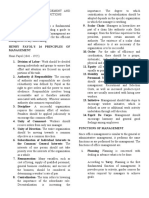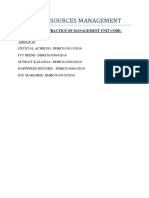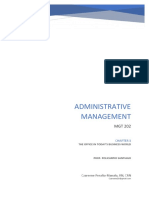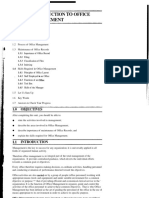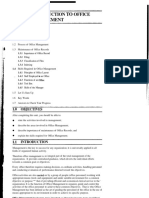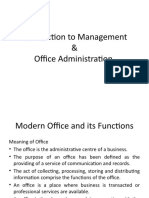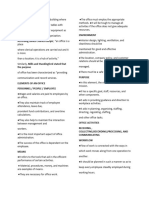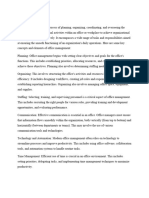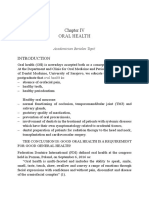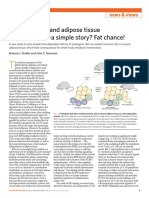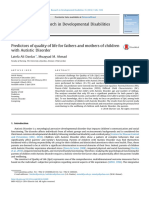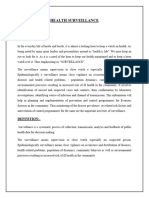0% found this document useful (0 votes)
5 views16 pagesIntroduction To Office Managemet
Office management involves the planning, design, and implementation of work within an organization, focusing on efficiency and effectiveness to achieve business goals. It encompasses coordinating office activities, managing resources, and ensuring employee satisfaction, with office managers playing a crucial role in overseeing daily operations. Different types of office management jobs exist across various fields, including corporate, medical, and legal, each requiring specific knowledge and skills.
Uploaded by
preciousmutema4Copyright
© © All Rights Reserved
We take content rights seriously. If you suspect this is your content, claim it here.
Available Formats
Download as PDF, TXT or read online on Scribd
0% found this document useful (0 votes)
5 views16 pagesIntroduction To Office Managemet
Office management involves the planning, design, and implementation of work within an organization, focusing on efficiency and effectiveness to achieve business goals. It encompasses coordinating office activities, managing resources, and ensuring employee satisfaction, with office managers playing a crucial role in overseeing daily operations. Different types of office management jobs exist across various fields, including corporate, medical, and legal, each requiring specific knowledge and skills.
Uploaded by
preciousmutema4Copyright
© © All Rights Reserved
We take content rights seriously. If you suspect this is your content, claim it here.
Available Formats
Download as PDF, TXT or read online on Scribd
/ 16














